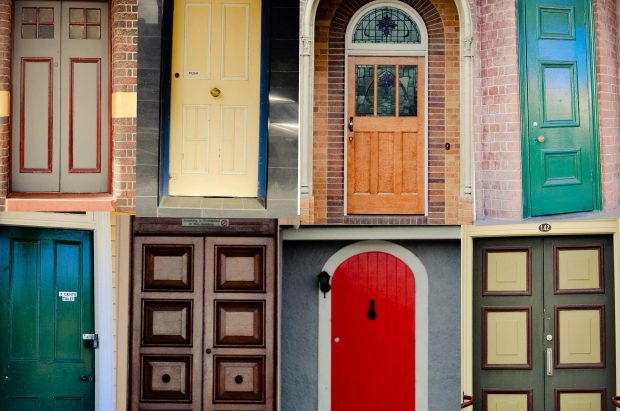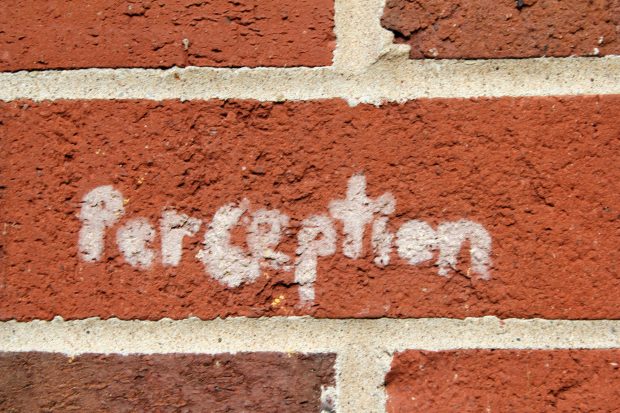 Reflection and realisation
Reflection and realisation
I've been thinking a lot lately about what modern social work means to us personally and professionally. I keep coming back to the same thought - it's about supporting people to find their voice.
Since lockdown began, coronavirus has proven how people from all walks of life are keeping the country ticking - and they aren't necessarily the ones with impressive qualifications or the most money.
So yes, I'm thrilled that the publication of the government's Adult Social Care Action Plan has finally shone a light on the work that our care sector does.
One can only hope that, as well as a brand logo, we are given the financial and social status we deserve. But, if our sector has been hidden for so long, what does that say about the people we support?
 Behind care home doors
Behind care home doors
In recent days, there has been increased discussion about the numbers of people in care homes dying of covid19.
People are quite rightly saddened and alarmed by the numbers. I remember my time working in a busy acute hospital in another part of the country, sitting in the dreaded ‘delayed discharges’ meetings, where people were referred to as codes and not thought of in terms of their story before admission, nor their journey afterwards.
More positively, like most people who have worked in social care long enough, I have been hugely impressed by the pace at which local authorities have managed to implement arrangements for supporting hospitals, and then accelerating them as part of the covid19 discharge arrangements.
Certainly in my sunny spot of the South West, anecdotal evidence is that covid19 admissions are mercifully not as high as anticipated. At time of writing, our hospitals remain able to provide care and treatment for those who need it. So, is it that whilst we were so busy looking to protect our hospitals, we forgot about the people who live outside them?
The debate is more nuanced than that of course. Nevertheless, the question remains, what does this pandemic tell us about society’s attitude to people young and old in care homes? In my view, the answer doesn't make for comfortable reading.
 Perception problem?
Perception problem?
Often when I tell people that I am a social worker, they assume that I work with children. When I tell them I work with adults, the next question is invariably "What does that mean?"
Why do so many people understand social work in the context of children, but when it comes to adults, find it baffling? Yes, you could say "that is the fault of social workers" and to an extent I agree. Social work must take responsibility for its own narrative and if we as front line workers or social work leaders aren't doing our bit to shift perceptions, then how can we possibly shift those of others?
This is about who we are and what we value. What value has society placed on older citizens, people with learning and physical disabilities, and those with mental health needs?
It's not as if these groups have been deliberately hidden, it's that society forgot to see them and that is a very different thing. Whose job is it then to promote inclusivity, diversity, values and ethics? Whose job is it to promote rights and equality?
These aren't just phrases, these are words taken from the Professional Capabilities Framework for Social Workers. This is what we signed up to. The buck may not stop with us, but it certainly does start. We have all undertaken a responsibility to safeguard our profession’s reputation.
 The road ahead
The road ahead
People are already talking about when things go back to normal, but that's not the way I see it. Coronavirus has presented us with challenges, but it has also presented us with opportunities.
Up and down the country, social workers are harnessing their creativity to continue to support people. We have embraced digital technology, connecting people to their communities and supporting them to build on existing assets. But this is no longer enough.
The next step for social work must be to challenge the status quo, chase social justice and champion equality. We must seize this chance to be proactive in supporting people to be seen, heard and respected. After all, that's what social work is all about.
3 comments
Comment by NB London posted on
Love this article. I am hoping that we don't go back to normal. That we learn the lessons from this tragedy and that we all start to appreciate and respect people a bit more.
Comment by Paul Richards posted on
That's a really lovely reflective post Vanessa and thought provoking too. I really agree we need to take those opportunities to challenge the status quo and remind ourselves of the values that brought us in to practice, which, for me, are encapsulated beautifully in the BASW Code of Ethics and the International Definition of Social Work (2014). Thanks for posting.
Comment by LYnfa Vater posted on
Absolutely agree with the words and sentiment in this article.Older people and all age groups living with disability appear to be invisible in modern British Society.
It’s a shame that economic sustainability has been put on a higher level in the handling of the new virus than the well being of people who have to live and work in Care Homes and in social generally
Well done Vanessa Hodge